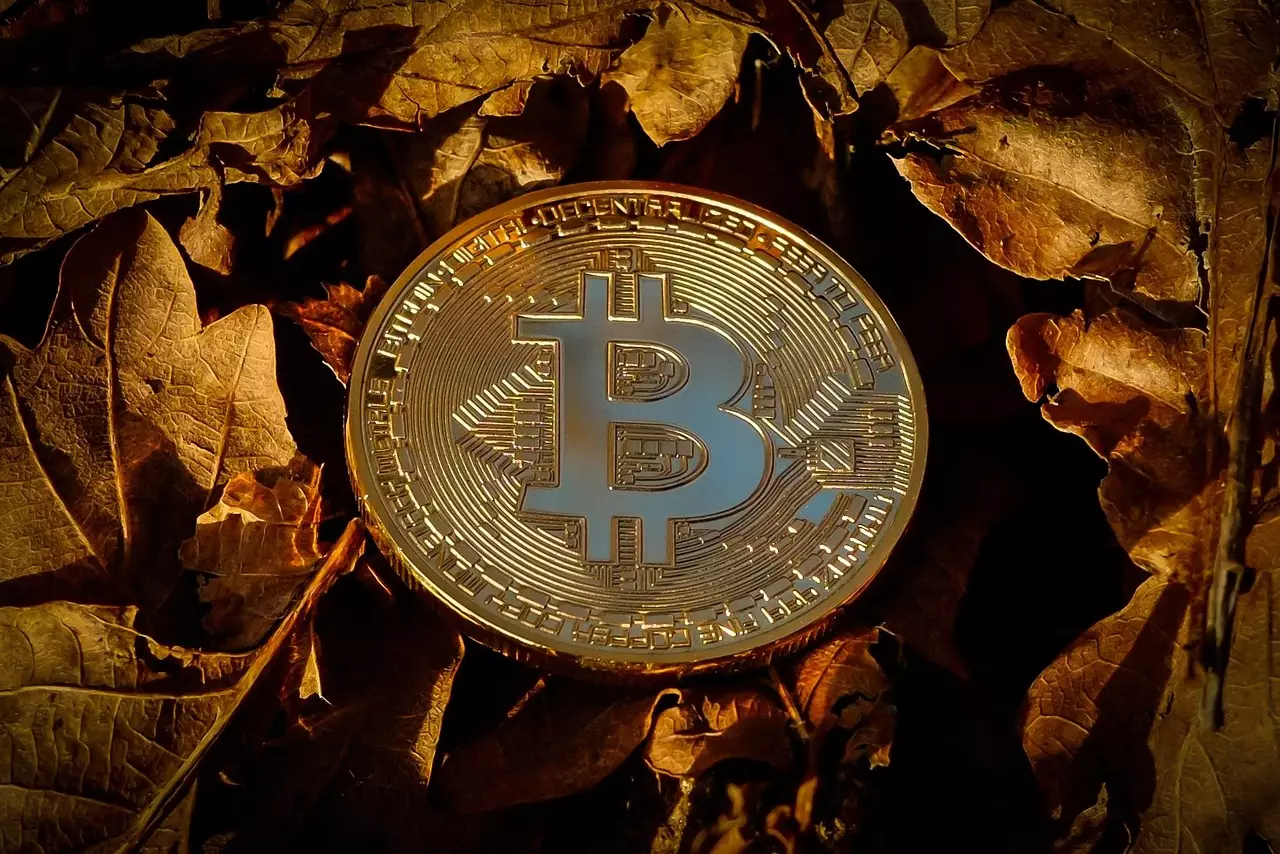Elon Musk’s SpaceX has once again sparked intrigue within the cryptocurrency community by moving a substantial Bitcoin holding after a three-year silence. The transfer of 1,300 BTC, roughly valued at $153 million, is a noteworthy event precisely because it marks a deviation from years of inaction. For a company that has long been associated with Bitcoin, this move signals more than mere administrative bookkeeping; it hints at underlying strategic shifts or perhaps Musk’s evolving stance on digital assets. The transfer was made to a new, seemingly unrelated address, which complicates the narrative. Does this suggest a mere shuffle for custodial reasons, or could it be a calculated step toward liquidity or strategic repositioning? The ambiguity itself reflects the broader uncertainty surrounding corporate crypto holdings and Musk’s ambivalent but increasingly bullish attitude towards Bitcoin.
The crucial detail is that the transfer remains untouched, implying that SpaceX might be merely relocating its assets within custodial wallets rather than liquidating them. This cautious approach is characteristic of a firm that values the intangible benefits of its Bitcoin holdings, possibly viewing them as a long-term store of value rather than a quick profit opportunity. Nonetheless, the fact that such a multi-million dollar movement occurred after three years has profound implications in the market. It underscores that even among the most innovative corporates, Bitcoin is often viewed as a strategic reserve, not merely a speculative asset.
What Does Musk’s Position Reveal About the Future of Bitcoin?
Elon Musk’s repeated affirmations of Bitcoin’s utility seem to paint a picture of a visionary who perceives the digital currency not just as a risky investment but as a pillar of financial sovereignty in an increasingly unstable global economy. His recent endorsement of Bitcoin as a hedge against fiat inflation aligns with a fundamental belief that government-issued currencies are destined for decline. In a broader sense, Musk’s attitude reflects the mindset of a pragmatic investor—favoring assets with tangible scarcity and independent value propositions.
Despite the move, Musk’s company still retains a substantial 6,977 BTC, worth over $800 million. This demonstrates that SpaceX’s crypto holdings are not a passing phase but an integral component of its treasury strategy. The fact that Musk has openly discussed the potential of Bitcoin to serve as a “long-term hedge” suggests that these recent transactions are unlikely to culminate in a sale. Instead, they perhaps serve to reinforce a narrative of resilience, signaling to skeptics that Musk’s interest in Bitcoin remains strong.
This stance aligns with Musk’s broader political and economic commentary. His recent praise for Bitcoin as a response to government spending and monetary expansion indicates a belief in the asset’s defensive qualities against inflationary policies. Musk’s public support for Bitcoin as an alternative monetary system challenges the mainstream narrative and adds substantial credibility to the idea that cryptocurrency can serve as a safeguard in turbulent economic times.
A Center-Right Perspective on Musk and Bitcoin
From a center-right liberal perspective, Musk’s strategic positioning in Bitcoin resonates with the ideals of limited government intervention and individual financial sovereignty. His criticism of fiat money, especially in the context of escalating government spending, underscores a preference for a more resilient, privatized monetary system—one where assets like Bitcoin enable ordinary individuals and savvy corporations to preserve wealth independently of government failings.
While some may interpret Musk’s recent transfer as speculative or driven by short-term motives, a rational analysis suggests his actions are rooted in confidence in Bitcoin’s future value. The move to an unknown wallet could be a test of custody solutions or an attempt to diversify storage security, rather than an indication of impending liquidation. It reflects an understanding that a stable, asset-backed currency provides a safeguard against the chaos of unchecked fiat inflation and reckless fiscal policies—stances that a centrist-libertarian approach would appreciate.
Musk’s advocacy for Bitcoin, coupled with his skepticism toward excessive government control over money, positions him as a forward-thinking advocate for financial freedom. His recent statements and actions are a reminder that the purpose of investment isn’t solely profit but also safeguarding individual liberty amid an increasingly centralized economic environment. While critics may argue that such moves could destabilize markets or serve Musk’s personal interests, a balanced perspective recognizes the importance of diversification and asserting economic independence—values central to the center-right liberal worldview.

